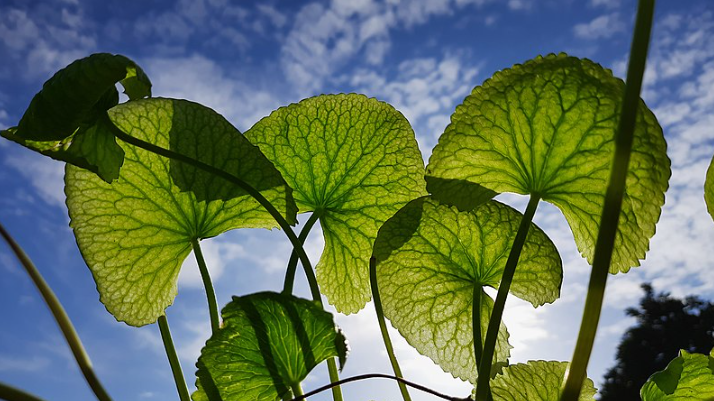This is the VOA Special English AGRICULTURE REPORT.
Too much metal in the soil is considered pollution. Yet too little metal in a person’s diet can cause health problems. An American scientist says the answer to both problems may be plants that take up large amounts of metal in their tissues.
David Salt is an expert on plants at Purdue University in West Lafayette, Indiana. He is working with plants that store large amounts of metals.
In recent years, scientists have shown interest in using such plants to clean up harmful waste materials. Professor Salt says such plants also could be used to improve people’s diets or even to create foods that fight cancer.
Humans need a number of metals in their diets, including iron and zinc. These metals are needed in very small amounts, however. That is why they are called micronutrients. The lack of micronutrients is blamed for health problems in many developing countries. Children and pregnant women are mostly affected.
Recently, Mister Salt announced that he has identified and copied the genes from a kind of plant that stores metals in its tissues.The Proceedings of the National Academy of Sciences published his findings.
Mister Salt says his study suggests it may be possible to develop plants that contain minerals needed for good health.
For example, the metal selenium is a strong anti-cancer agent. Some wild plants store selenium naturally. Mister Salt says foods to fight cancer might be created if genes from these plants could be moved into crop plants.
A plant called locoweed stores selenium. Locoweed is common in the western United States. Mister Salt says it may be possible to create cancer-fighting foods from locoweed. He and scientists from acompany called NuCycle Therapies have copied the gene that causes locoweed to take up selenium from the soil.
Many people take pills to add important minerals or vitamins to their diet. However, Mister Salt notes that most selenium products sold in health food stores are of little use. That is because the human body can only take in and use selenium if it is in the right chemical form.
The scientist says his team would like to develop a vegetable crop high in selenium. He wants to create an anti-cancer product in the foods we already eat.
This VOA Special English AGRICULTURE REPORT was written by George Grow.
